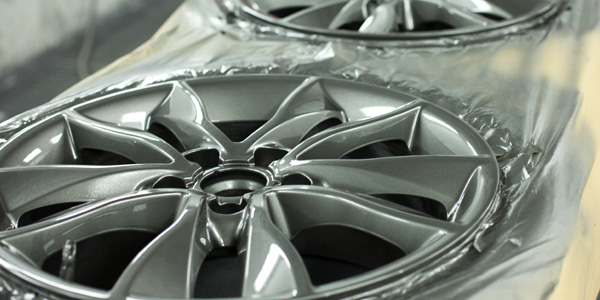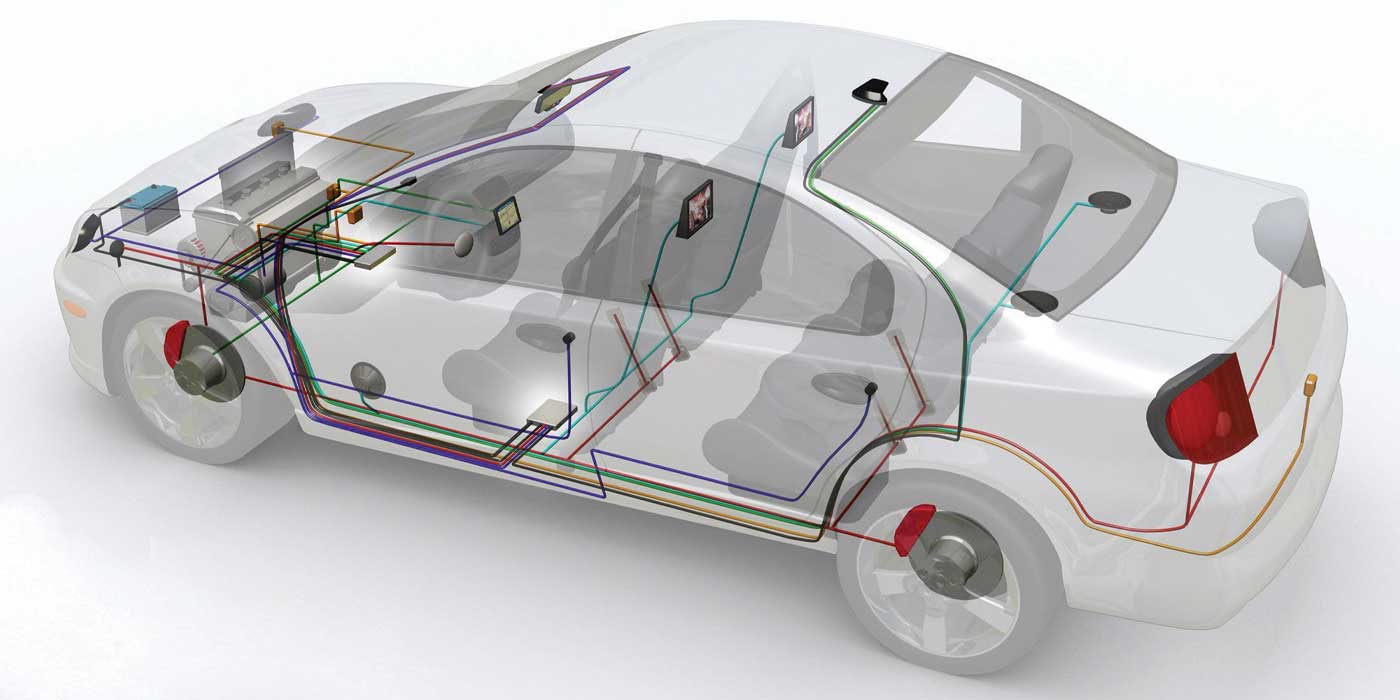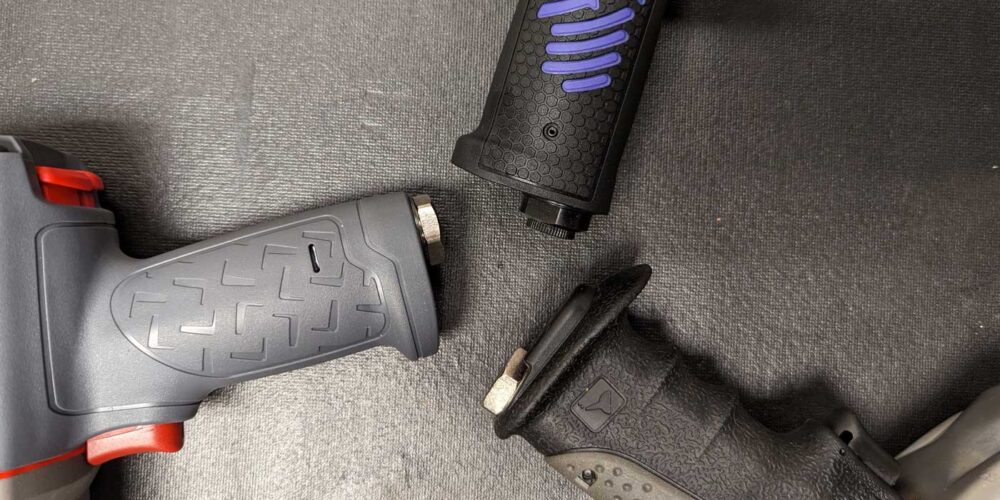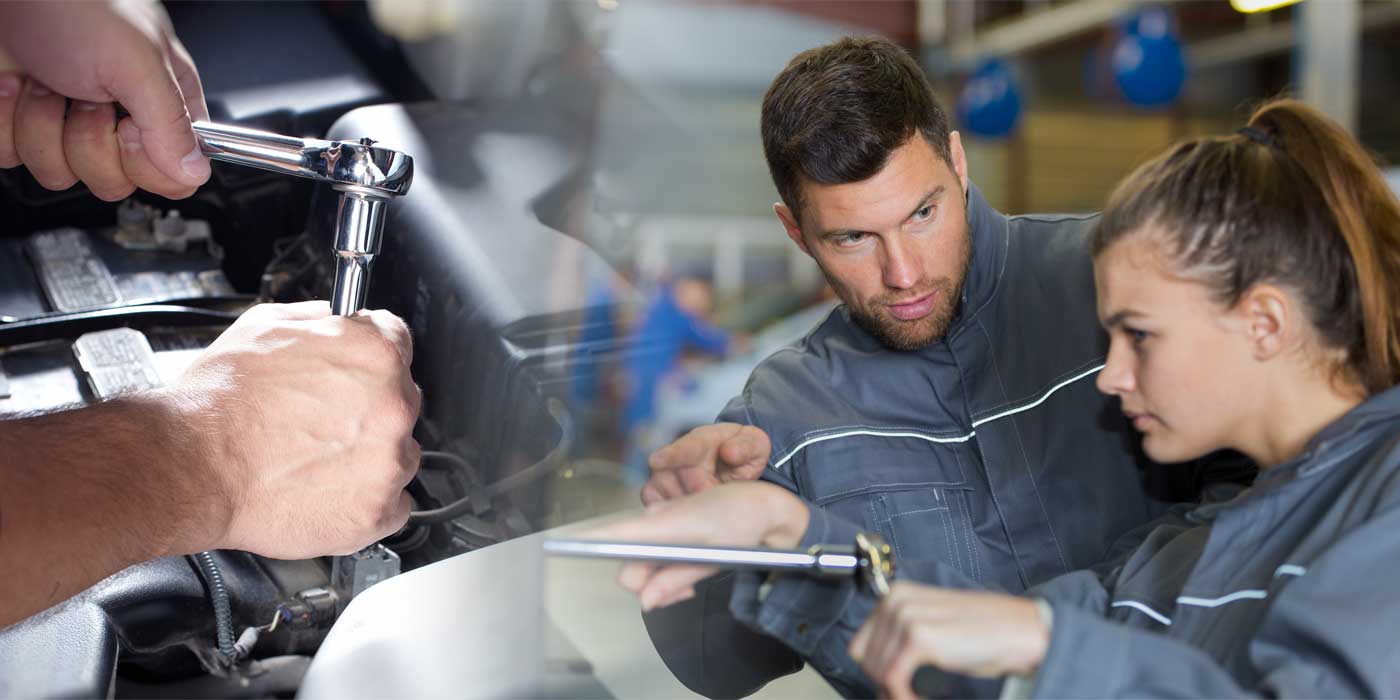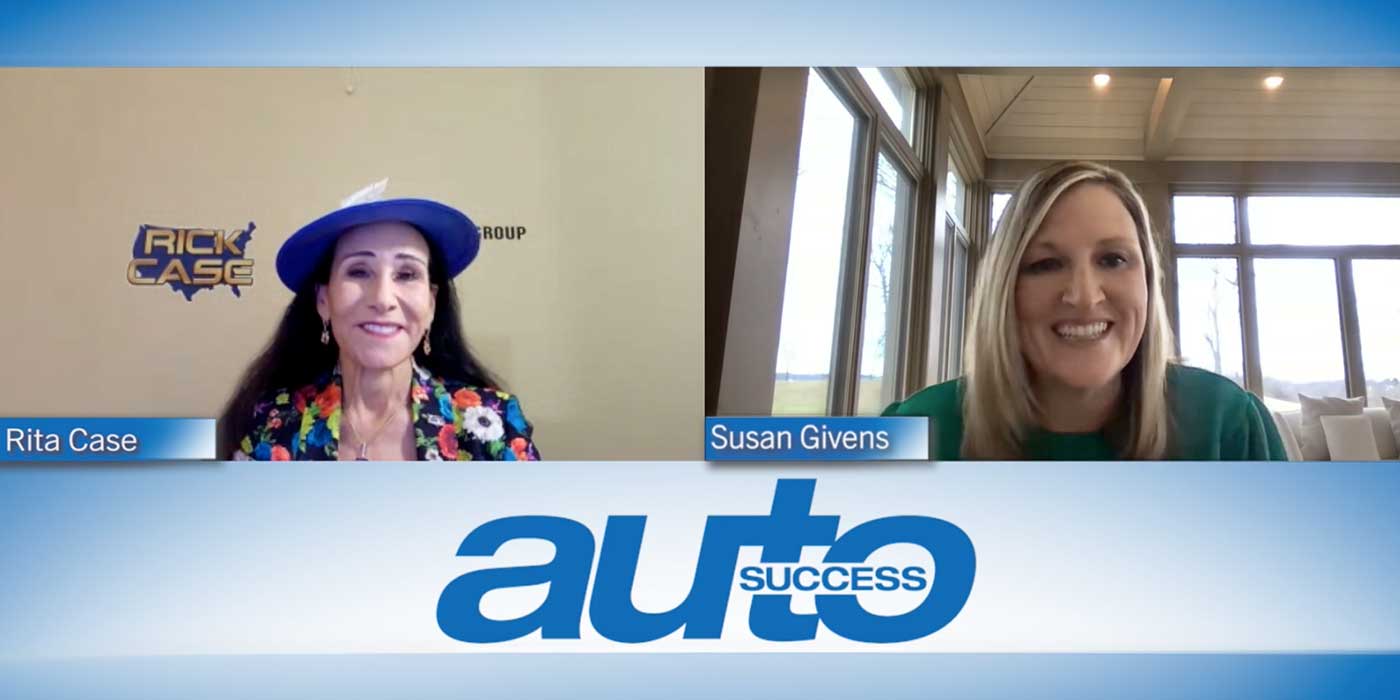In today’s auto market, alloy wheels are an attractive selling feature in new and pre-owned vehicles. These can range from OEM-painted wheels as part of a luxury trim package to machined-finished wheels with painted pockets to the powder-coated gloss-black alloy wheels that seem to be more popular than ever. On the surface, the characteristics of alloy wheels seem cosmetic. However, underlying features include enhanced handling and suspension, improved breaking and the reduction of road mass for better fuel consumption. Because these elements improve vehicle safety and performance, alloy wheels are becoming much more common in economy and subcompact vehicles.
The use of alloy wheels began in the mid-1990s as a means to dress up high-end European cars. As these expensive wheels became more popular, the concept was duplicated by aftermarket specialty manufacturers. They began to offer wheels that were not only stylized, but also looked sexy and sleek. The demand increased and, within five years, domestic and Japanese manufacturers began installing alloys on their high-end cars.
Today, alloy wheels are the manufacturers’ wheel of choice. The price and lighter weight of aluminum, along with its good looks, provide a reasonable alternative to outdated steel wheels and hubcaps. Unfortunately, damage to alloys — thanks to poor road conditions, debris and increased traffic and accidents — resulted in costly wheel replacement. That’s when the need for wheel repair was born.
Wheel repair in the U.S. — specifically for severely damaged wheels — started as a direct result of the insurance business. The first companies offering repairs did so from machine shops utilizing welding and tracer lathes. These wheels were then re-polished and re-painted to make the job, known as “remanufacturing,” complete. Today’s shops, however, use sophisticated CNC lathes and, like the OEMs, offer powder-coat, rather than wet-paint, finishes.
Two of the early companies that provided remanufacturing services have grown into multi-million dollar businesses and account for more than $100 million in annual sales. Their specialty is core exchange programs — purchasing damaged cores from salvage yards and remanufacturing them. Over the years, they have accumulated tremendous inventories, exchanging wheels held in inventory for damaged cores. Several hundred smaller companies around North America account for an additional $400 million in annual gross revenue.
In addition to remanufacturing, a need developed for on-site repairs at car dealerships, tire stores and collision shops to correct cosmetically damaged and bent alloy wheels. Early pioneers offered on-the-car repairs, a process that included sanding and crude paint matching on damages up to the tire wall. Early repair processes were slow and often neglected damage to the wheel’s interior. In the early 2000s, however, mobile alternatives to shop-based providers and “on-the-car” repair servicers began. Initially catering to automobile dealers selling used cars, these services soon discovered a new niche. They began providing professional off-the-car repairs, including bead breaking for interior wheel repair, wheel straightening technology and factory-matched paint systems.
For the auto dealer, mobile alloy wheel repair is a needed service in the pre-owned and collision departments. It is also a no-cost profit center for the service department. By partnering with onsite wheel repair providers, dealerships can now offer wheel refinishing and straightening directly to customers during routine service visits, as well as a menu item in a customer lounge.
Since alloy wheels are now common and road conditions, especially in the northern states, continue to deteriorate, wheel damage of some form can be found on most vehicles pulling into a service drive. By offering a service to repair this damage during a routine visit, service drives can add significant profits. While margins vary by market, a dealership can expect to earn an extra $65 profit on every repair. Writing just five repair orders per day earns more than $80,000 direct profit annually through the service drive.
Additionally, some wheel repair providers will partner with a dealership to direct customers with their brand of vehicle to the dealership’s service drive rather than provide the service directly. This allows the service manager to collect the sale on wheel repair while providing an opportunity to sell additional vehicle maintenance services, such as oil changes, tire rotations and brake service.
With the addition of on-site wheel repair, auto dealers can improve CSI scores by simply offering this service. Although alloy wheels are now standard on most vehicles, the idea of alloy wheel repair is a relatively unknown service to consumers. While there are many wheel repair providers, it is important to choose a provider focused on quality and safety to deliver high satisfaction scores.
The “off-the-car” process of repair provided by select vendors is key to the quality of the repair. Wheel damage can include small cracks behind the face and back barrel that go undetected and unrepaired by an on-the-car provider. Paint overspray during an on-the-car cosmetic repair also can damage brake calipers, pads and discs. By taking the wheel off the car and inspecting, prepping, repairing and painting the wheel in a fully enclosed, 100 percent OSHA- and EPA-compliant mobile workshop, auto dealers can be sure that the wheels are repaired with the highest quality. Wheels can be professionally mounted and balanced and often come with a lifetime warranty on workmanship.
If you’re looking to add a new service at your auto dealership, consider on-site, off-the-car alloy wheel repair and wheel straightening. Increase your service offering, add new profits directly to your bottom line and improve your CSI score.

